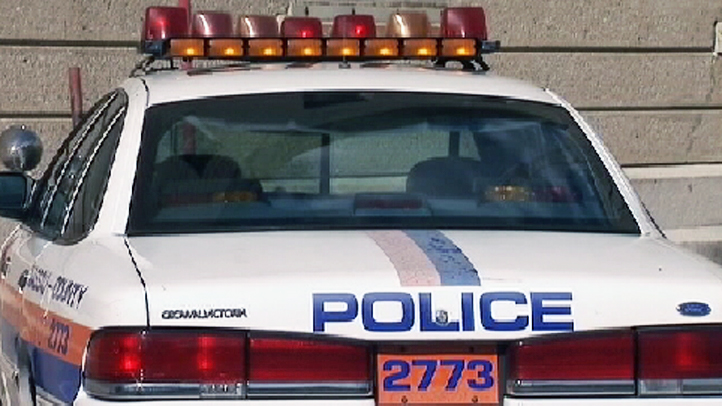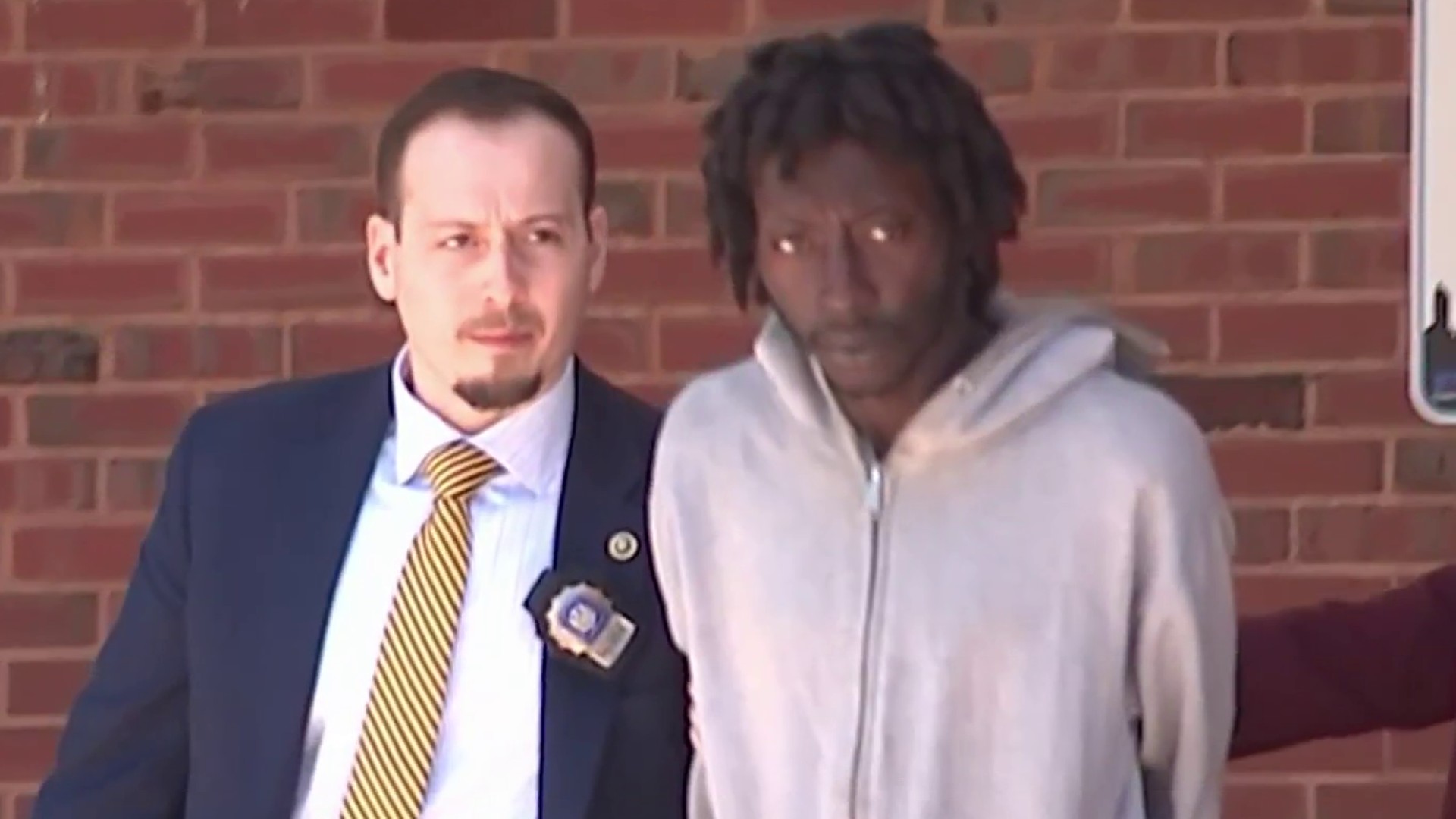Andrew Cuomo may be driving the push for a $15 minimum wage in New York, but organized labor paid for the bus.
The Democratic governor has traveled the state in a union-owned recreational vehicle to galvanize support for his proposal to enact a $15 minimum wage. He's featured in slick TV advertisements pushing the wage that look a lot like campaign ads. This past week he delivered yet another speech before thousands of workers gathered outside the Capitol, many of them bused in by unions.
Bankrolled by the unions, Cuomo's campaign not only cements his ties to organized labor, but also burnishes his progressive political bona fides amid a national debate over the minimum wage and income inequality.
Cuomo characterizes the proposal as an alternative to what is being offered by Republican presidential candidates such as Donald Trump, who he says has sought to capitalize on public anxiety over the economy. By being the first state to raise the minimum wage to $15, the governor said, New York can show the nation a more hopeful path.
"People are angry. They're as angry in New York as they are in any other state," Cuomo said last week, following the Albany rally. "It's working families, the middle class, who are fundamentally frustrated with their economic circumstance. There is an economic insecurity that eats at the table with people every night."
It's a sharp pivot from just last year, when Cuomo's administration dismissed New York City Mayor Bill de Blasio's suggested $13 minimum wage as a "non-starter" with lawmakers. But this year an even bigger increase is his top priority in the Legislature, where it faces a critical test in coming weeks as lawmakers negotiate a state budget, a grand political deal that the governor hopes will include his wage hike.
In a sign of its importance to Cuomo, he named the campaign for the wage hike after his father, the late Gov. Mario Cuomo.
Local
The proposal would gradually raise the wage from $9 an hour to $15 by the end of 2018 in New York City and by 2021 in the rest of the state. He has proposed $300 million in small business tax cuts to help businesses absorb the higher labor costs, a number that critics say is far too low.
To the Republicans and small business owners who warn of devastating effects from such a sharp wage hike, Cuomo is seeking to capitalize on the national debate over the wage to endear himself to organized labor and liberal voters in New York and around the country.
"He had problems with $12, $13, but now $15 is a great idea," said Greg Biryla, executive director of the group Unshackle Upstate, adding that he believes supporters settled on $15 because of how "Fight for $15" rolls off the tongue.
"It's a political number, and anyone who thinks otherwise really isn't looking at the facts," said state Senate Deputy Majority Leader John DeFrancisco, a Syracuse Republican. "It's a political goal to garner support from the people that think this is a good idea."
The Mario Cuomo Campaign for Economic Justice, the nonprofit created by labor unions to lobby for the $15 wage, is housed in the Manhattan headquarters of 1199 SEIU, the Service Employees International Union, the largest health care union in the nation. A financial disclosure filed with the state indicates that so far the campaign has spent $1.7 million on expenses including Cuomo's RV tour and advertisements.
Cuomo has received more than $250,000 in campaign contributions from SEIU and the other unions supporting the Campaign for Economic Justice since 2008.
The increase is popular with New York voters, two thirds of whom support Cuomo's plan, according to a Siena College poll released last month. Eighty percent of Democrats back the increase; 36 percent of Republicans do. Polls show similarly broad backing for Cuomo's other big priority of the year, a family leave proposal that would let workers take up to 12 weeks of paid time off to care for a new child or sick loved one.
Cuomo may be hoping the wage fight helps him in two years when he's up for a third term or even in a possible White House run in 2020, according to Fordham University political scientist Christina Greer.
Cuomo has long been socially progressive but fiscally centrist, focusing much of his early tenure as governor reining in state spending, imposing a property tax cap and cutting taxes. Liberal dissatisfaction with Cuomo prompted a surprisingly competitive primary challenge in 2014 from law professor Zephyr Teachout.
"I'm not sure how deep those progressive roots are with the governor," Greer said. "It could be about 2018, or 2020. But in some ways it doesn't matter if his interest in this is genuine. Thousands and thousands of families are going to benefit if this passes."



